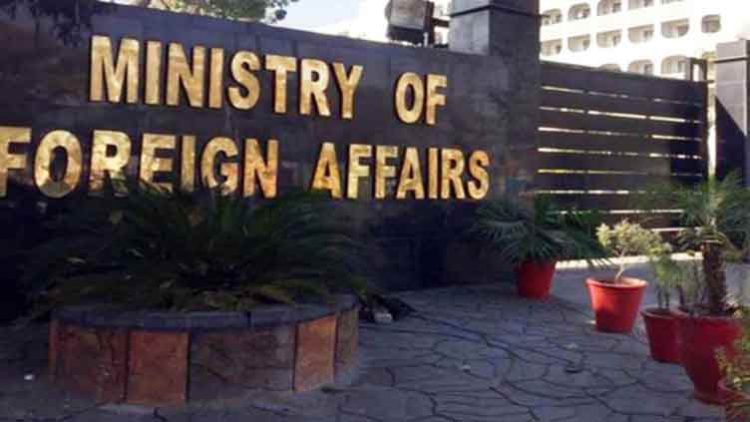By Naveed Siddiqui
ISLAMABAD: In response to the Indian Supreme Court’s decision affirming the 2019 annexation of Jammu and Kashmir, Pakistan’s caretaker Foreign Minister, Jalil Abbas Jilani, categorically rejected the judgement. Jilani emphasized that Jammu and Kashmir is an internationally-recognized dispute, and any decision aligned with the Indian Constitution holds no legal significance.
Speaking at a news conference, Jilani reiterated that the final resolution of the Jammu and Kashmir issue should align with relevant United Nations Security Council Resolutions and the aspirations of the Kashmiri people. He criticized India for making unilateral decisions against the will of Kashmiris and Pakistan, asserting that processes adhering to the Indian Constitution lack legal validity.
Jilani argued that India cannot evade international obligations through domestic legislation and judicial decisions. He stated that India’s attempts to annex the region will fail, labeling the Supreme Court’s endorsement of the 2019 actions as a “travesty of justice.”
The Foreign Minister highlighted the failure of the verdict to acknowledge the disputed nature of Jammu and Kashmir and its disregard for the aspirations of the Kashmiri people. He insisted that restoration of statehood or elections cannot substitute the right to self-determination for Kashmiris.
Jilani expressed concern over India’s measures since 2019, aiming to alter demographics and political landscapes, violating international law and relevant UN resolutions. He called for the reversal of these actions to pave the way for peace and dialogue.
Reaffirming Pakistan’s unwavering support for the people of Jammu and Kashmir, Jilani mentioned plans to engage international organizations, including the UN, OIC, and EU Parliament. A meeting of stakeholders is set to determine Pakistan’s future course of action, while a unified response involving political parties is sought against what he termed India’s “illegal” move.
Addressing questions about approaching the International Court of Justice (ICJ), Jilani indicated that this option depends on India accepting the ICJ’s jurisdiction, an aspect India has historically avoided. Regarding global concerns, he cited India’s alleged assassination campaign, asserting that India’s credibility has suffered globally.
In response to potential collaboration with China, Jilani acknowledged China’s concerns but emphasized Pakistan’s independent strategy in dealing with the situation.

















